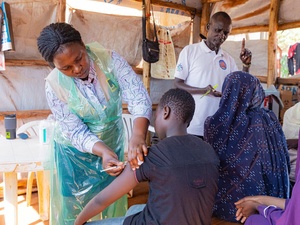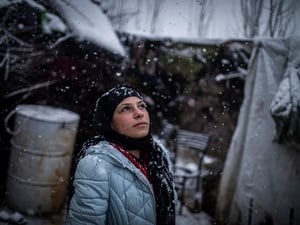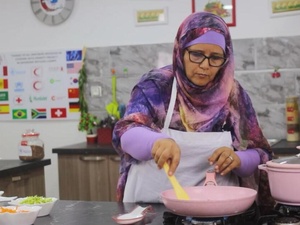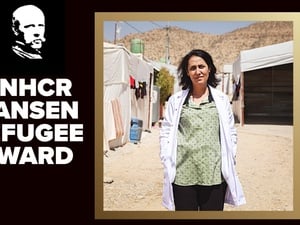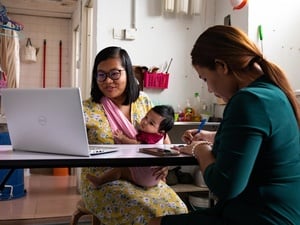Venezuelan doctor gives coronavirus tips to Ecuador's most vulnerable
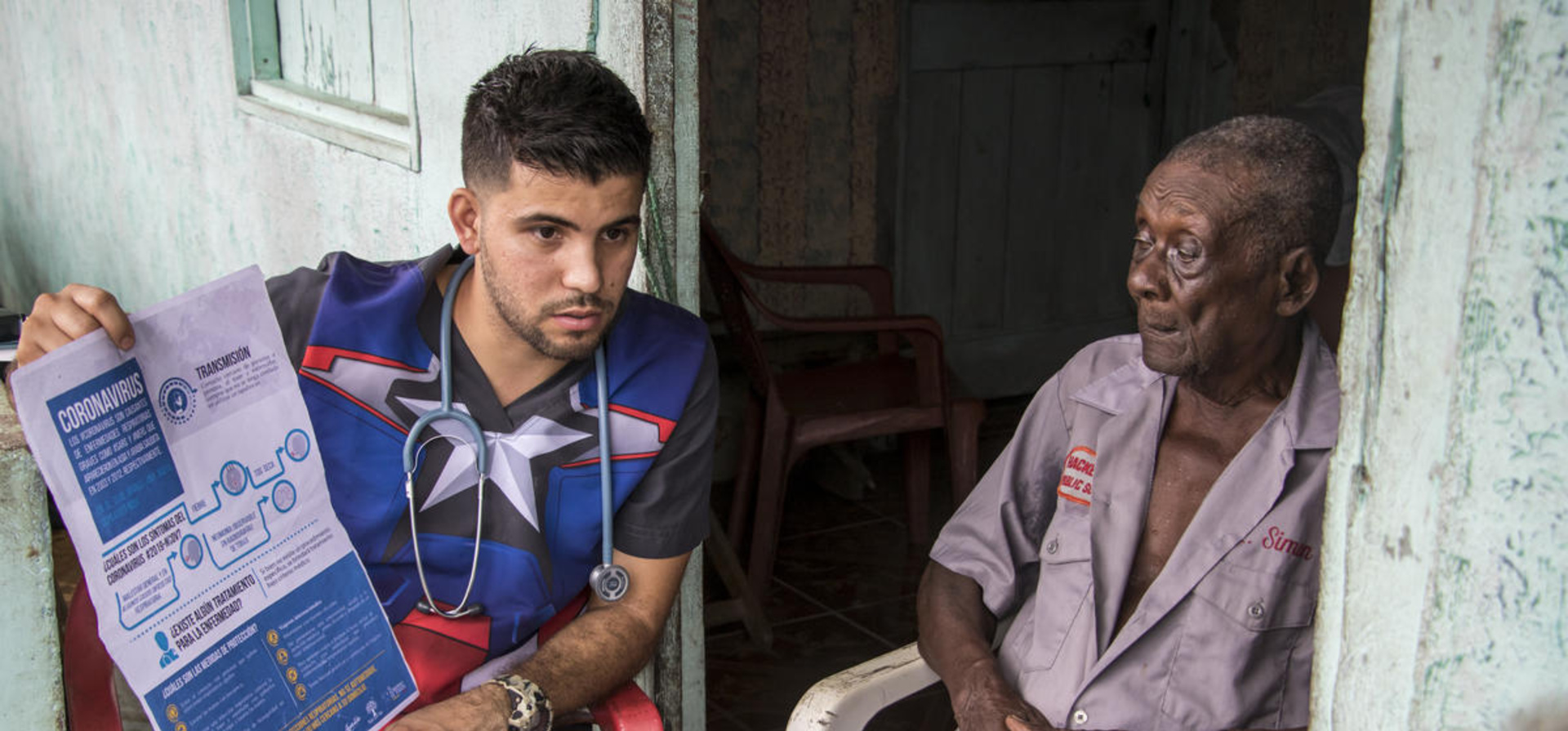
Venezuelan doctor gives coronavirus tips to Ecuador's most vulnerable
Armed with a poster and flyers in his hand and a stethoscope around his neck, Venezuelan physician Samuel Suárez set out on foot to provide life-saving advice on how to prevent COVID-19 infection to some of the most vulnerable people in a remote corner of Ecuador.
After fleeing insecurity, widespread violence, and shortages of food and medicines in Venezuela back in 2018, the medic started going door-to-door to explain the dangers of the spreading pandemic to elderly people in Ecuador’s Esmeraldas province, hoping that his advice would be heeded and the spread of the virus avoided.
During the house calls, Samuel patiently walks his small audiences of senior citizens – the demographic most susceptible to the illness – through the steps needed to protect themselves and others, from frequently washing their hands with soap and water to maintaining a safe distance of two meters between people.
And because some of the patients cannot read, he often acts out the recommendations on his informative poster, miming the proper way of coughing into the crook of the elbow to prevent the spread of the virus.
“In these remote communities, when the power’s out there’s no water, and hand washing and basic hygiene become that much more difficult,” said 27-year-old Samuel. “That makes us more vulnerable.”
Soon after he heard about the coronavirus outbreak, Samuel began crisscrossing the area in and around the tiny town of San Francisco, where he has worked in the local clinic for the past year and a half.
The area is home to a substantial community of refugees that includes Colombians who have fled the armed conflict in their country, as well as Venezuelans, nearly five million of whom are now living outside their country amidst the ongoing crisis at home.
After fleeing his native Venezuela, Samuel made his way to Ecuador, where he validated his medical degree. Having passed the exam, he was able to secure a job in Ecuador’s public health system and put his skills to use.
“I will continue to fight each and every day to share my knowledge.”
The COVID-19 pandemic has reached Ecuador, and although San Francisco has yet to see its first confirmed case of the virus, Samuel knows it is likely just a question of time before the area is affected. As a result, he redoubled his efforts to help give the local population – including the refugee community – the information they need to stay safe.
Refugees tend to be particularly at risk, as their often-precarious living conditions make basic sanitation and social distancing difficult, and also because restrictions on movement compromise employment and food security.
Facing the crisis, UNHCR, the UN Refugee Agency, has continued to serve refugees, asylum seekers, displaced people, and their host communities throughout Latin America and the world. In response to restrictions on movement and physical contact, UNHCR has set up hotlines in Ecuador and other countries to provide assistance and protection.
The agency has ratcheted up outreach efforts to inform refugees and migrants about what to do if they present symptoms and handed out crucial hygiene products. It has also provided increased access to shelters for refugees living on the streets and installed additional sinks in shelters and reception facilities, among other initiatives.
Working to give life-saving information about the virus, Samuel stressed his commitment to inform and care for his host community in the difficult weeks ahead.
“Throughout the coronavirus epidemic, I will continue to fight each and every day to share my knowledge with the people of San Francisco,” he said.
UNHCR and the International Organization for Migration today stressed that more inclusive measures and additional aid are urgently needed for refugees and migrants from Venezuela, and their hosts, as the current global health emergency compounds their already desperate situation.
* Interviews and photos for this story were shot in early March, before the World Health Organization declared the coronavirus outbreak a pandemic. Nowadays, Samuel dons personal protective equipment and maintains a safe distance from his patients during his rounds.


